Do-It-Yourself projects, whether it's building your own furniture, installing new flooring, or fixing broken appliances, allow people to truly enjoy the sense of accomplishment and the money they saved by doing the project without professional help.
However, there are certain times when attempting to complete a project or repair on your own can be detrimental to you, your home, or both.
Today we're going to look at how you can tell whether a plumbing job can be done yourself, or if you should call in a professional plumber to handle it for you.

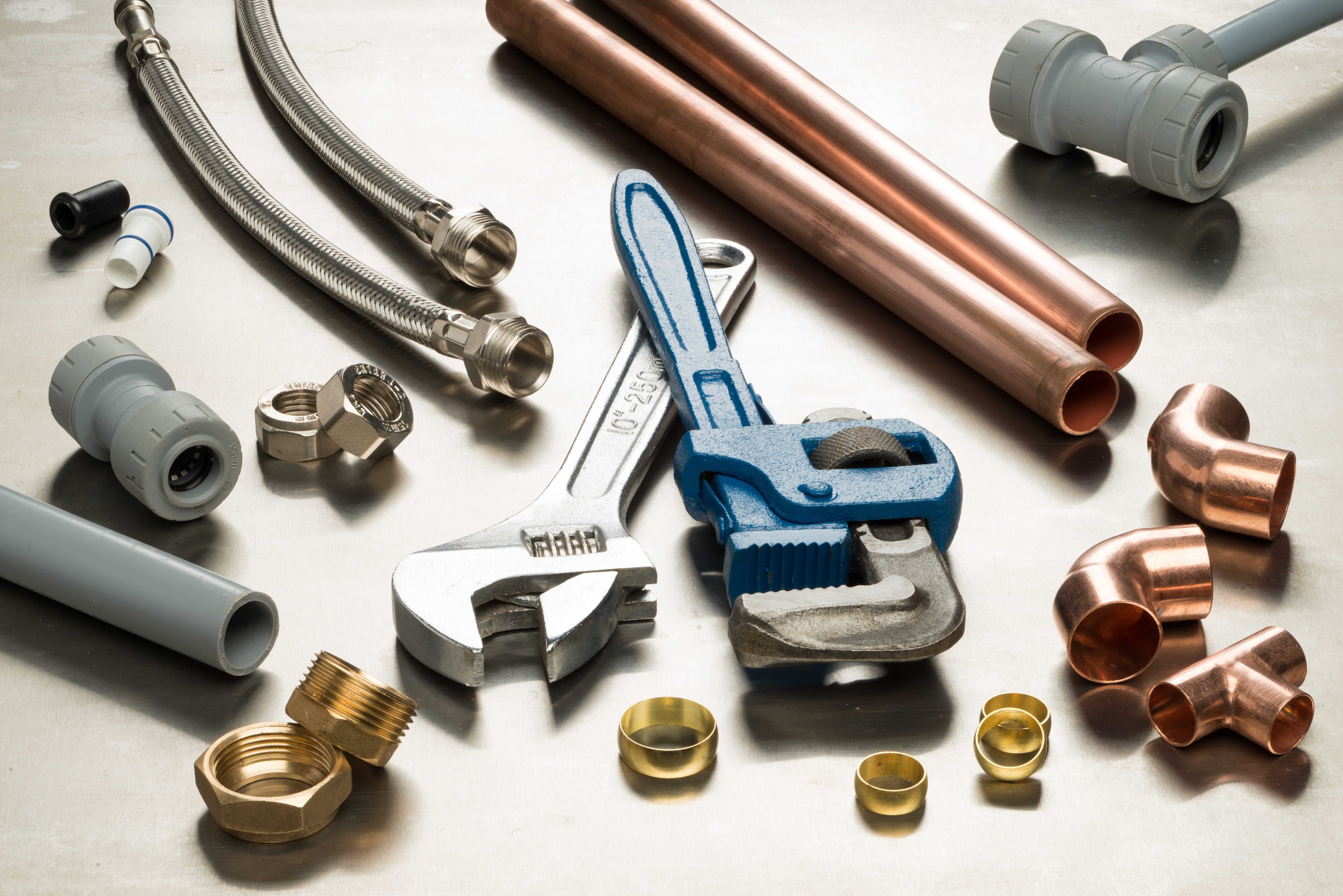
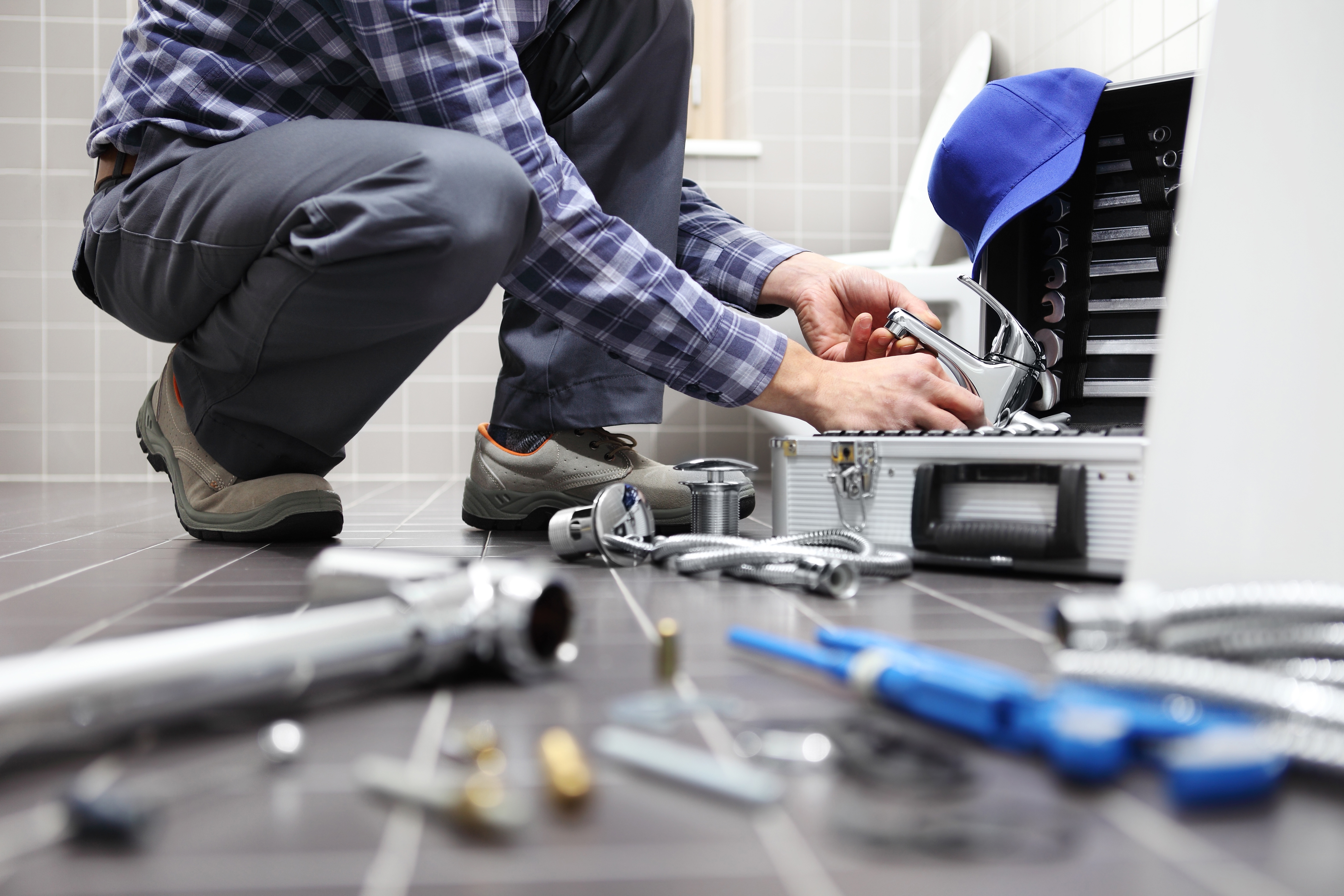

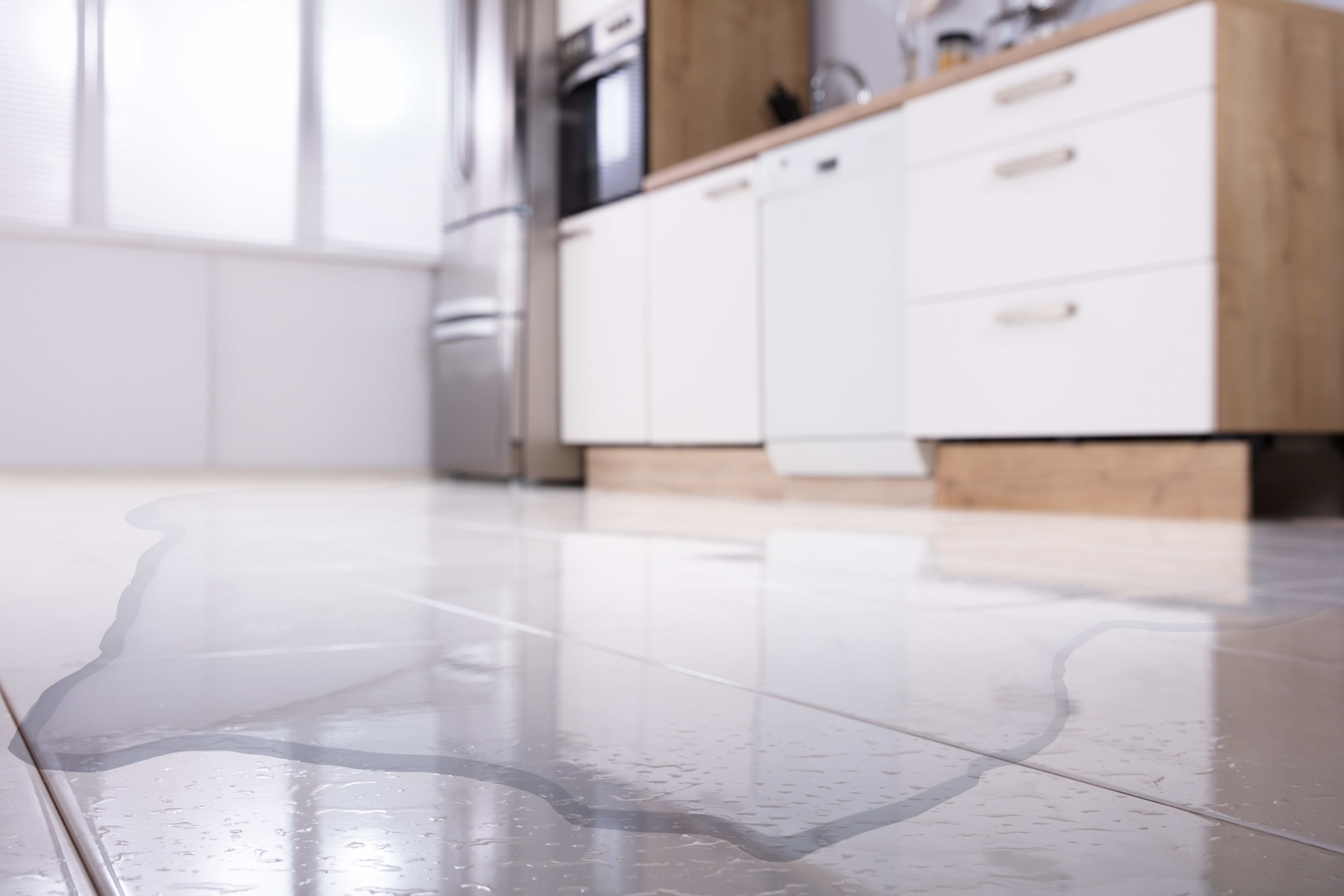
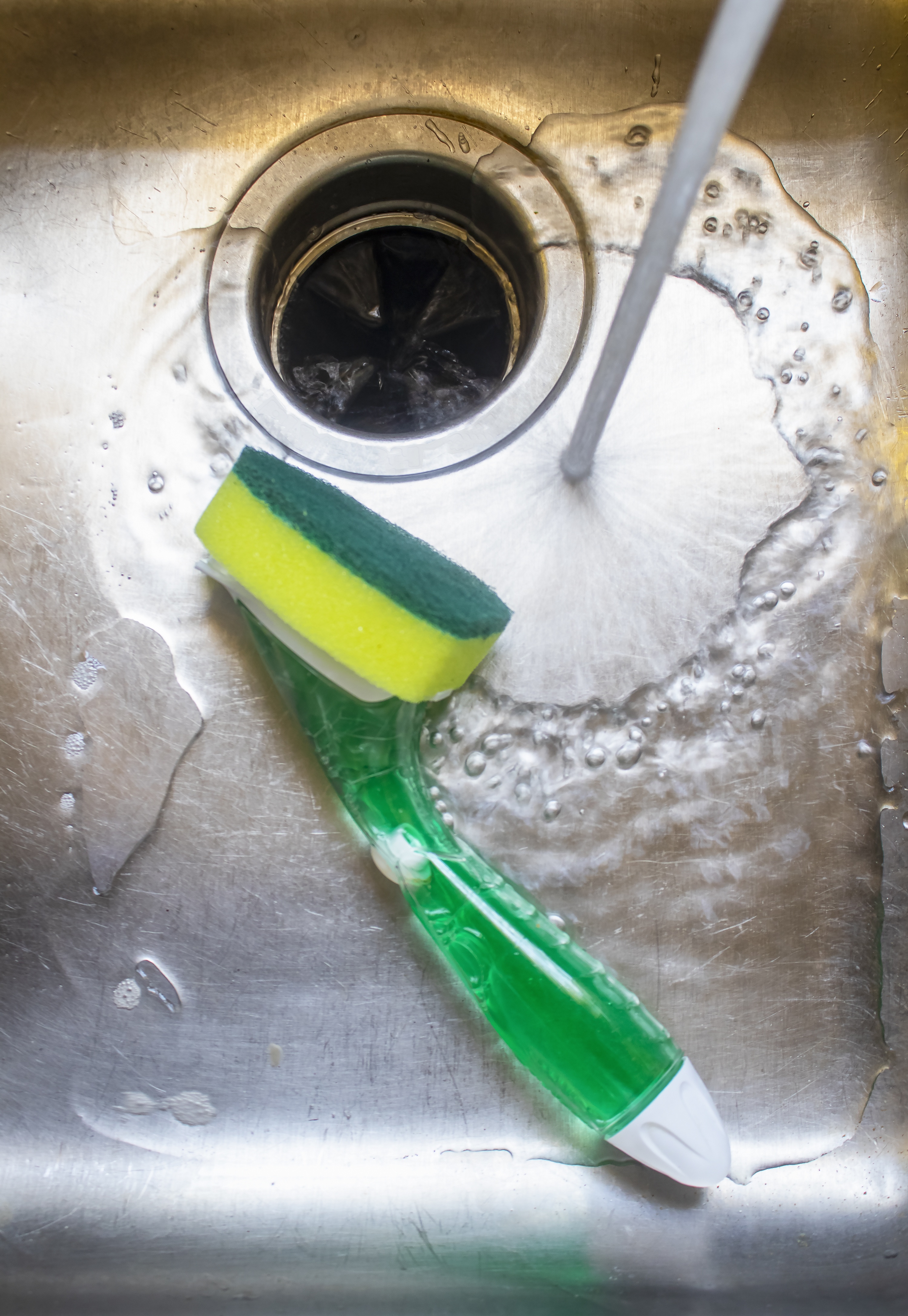
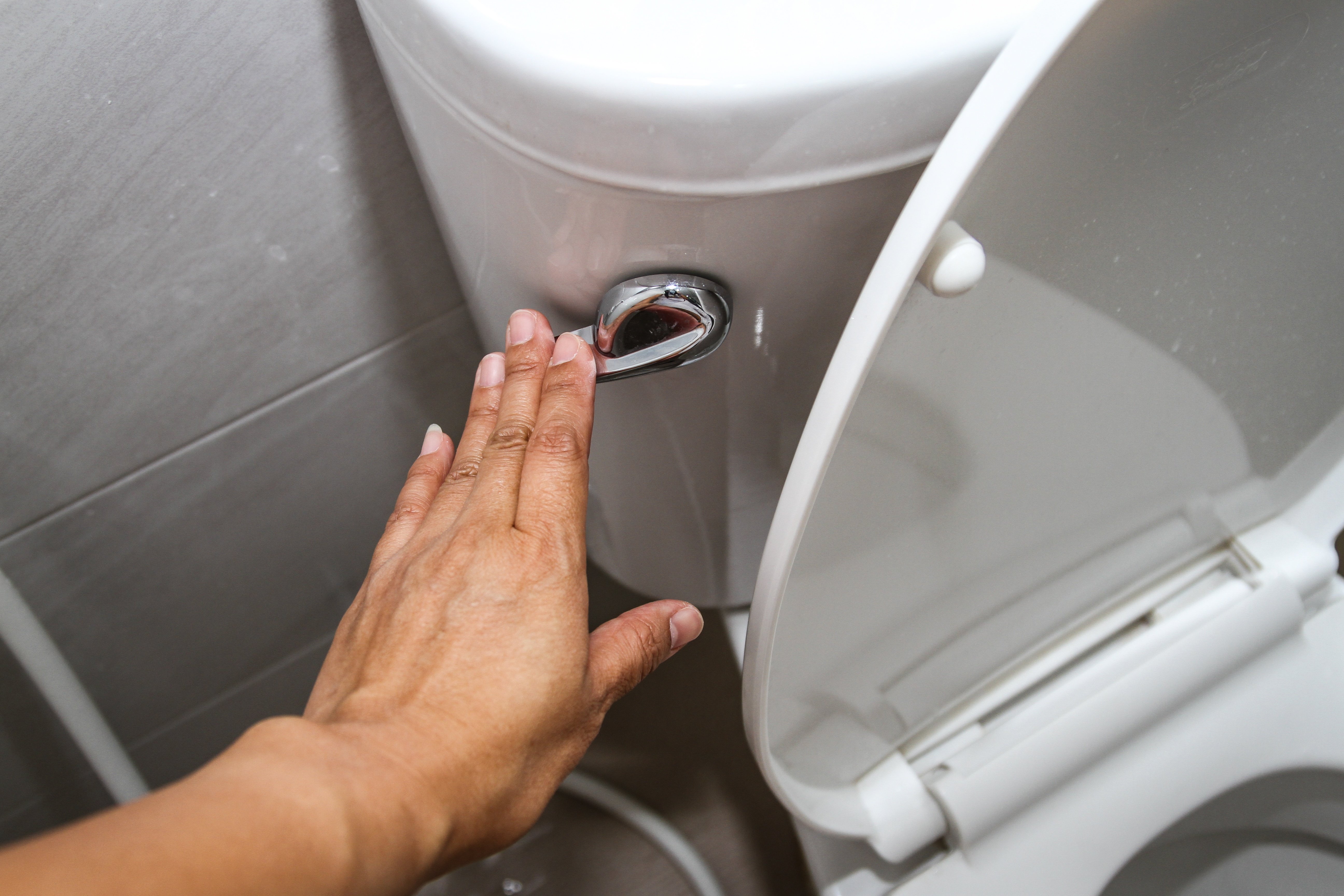
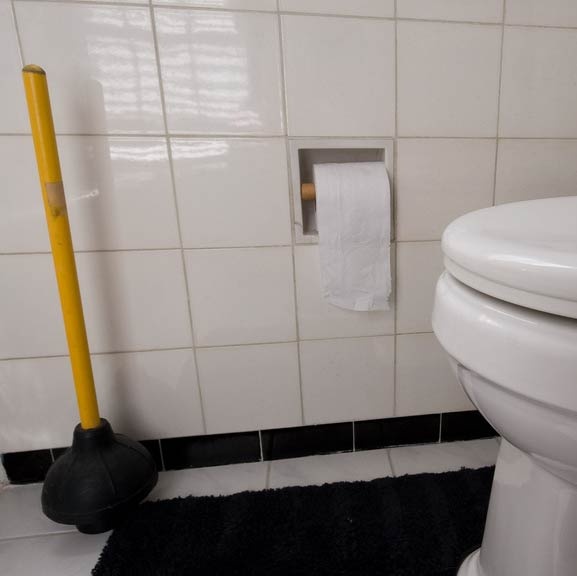
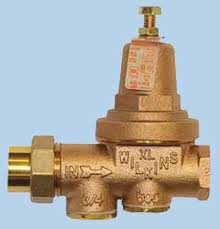

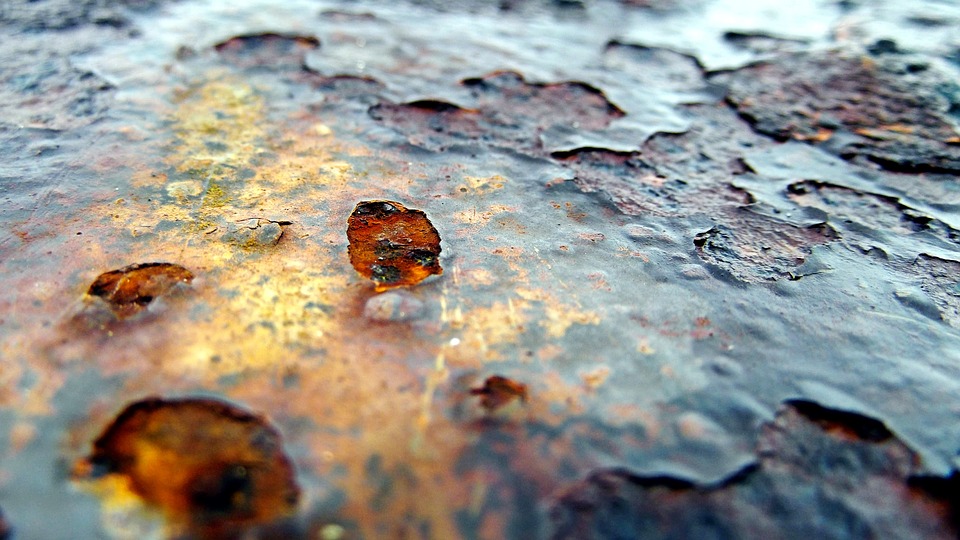
.png)